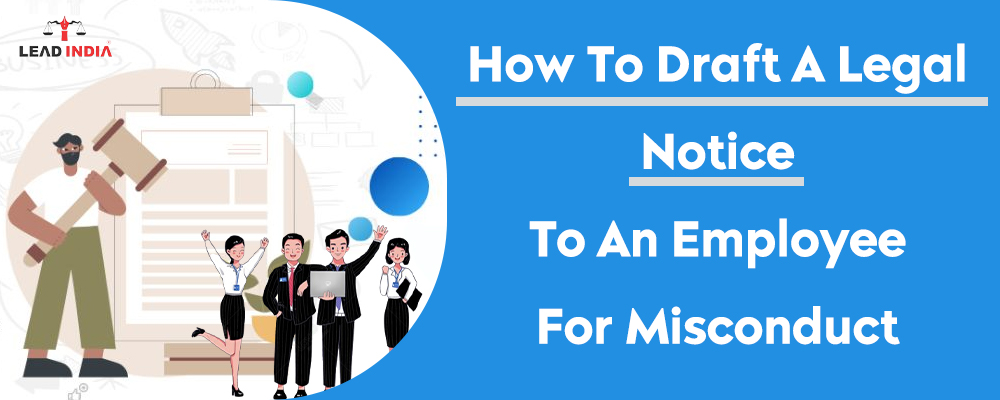Employers should not tolerate inappropriate behavior or indiscipline in the workplace. If such behavior goes unchecked, it fosters a culture of neglect and dissatisfaction among other employees. For minor infractions, most organizations issue a verbal warning as the first step. However, repeated or deliberate violations of office rules, as well as any unprofessional or fraudulent behavior, warrant strict disciplinary action.
When verbal communication between an employee and their supervisor (or HR Manager) fails to produce the desired results, a written warning letter can help to highlight the situation and record the gaps. The process helps to ensure the following:
- Documenting a warning through a formal letter ensures that the employees understand the matter is serious and requires timely improvement.
- Keeping written communication in an employee file facilitates access if the behavior is repeated.
- Official warning letters to employees can be used legally if termination (or other legal action) is required.
Need A Legal Advice
The internet is not a lawyer and neither are you. Talk to a real lawyer about your legal issue

What to do when sending a legal notice to an employee
When issuing a warning letter to an employee, follow the guidelines outlined below. By following these, you can ensure that the process has the desired impact.
- Schedule a meeting with the employee to discuss the issue. This should be accomplished by sending an email to the employee or a written request. Follow up with a phone call to make sure the employee understands how important the meeting is. What to do when sending a warning letter to an employee.
- It is best to discuss the warning letter in a formal setting, such as a meeting room, your office, or a supervisor’s cabin, rather than in public places like restaurants or the company cafeteria.
- Always write the warning letter on your company’s letterhead.
- Print two copies of the warning letter: one for the employee and one for office records.
- Begin the discussion by explaining why you’ve scheduled the meeting, and then discuss the issue with the employee, pointing out specific areas of concern. It is preferable to be prepared with detailed information about the problem because employees frequently attempt to justify their actions.
- Discuss the specific outcomes that are expected of the employee within a specific timeframe.
- Record the employee’s thoughts (if any) on the company copy of the warning letter.
- Share a signed copy of the warning letter with the employee and obtain their signature on the company copy. Keep the letter in employee records.
Legal notice to employee for misconduct
To create a legal notice for an employee’s misconduct in India, with a focus on the lack of notice period, you should draft a document that follows these guidelines while remaining professional and clear:
- Date: Clearly state the date of issue.
- Recipient: Address the employee directly, using their full name and identification number.
- Subject: Clearly state the nature of the notice, such as “Unauthorized Absence from Duty” or “Failure to Serve Notice Period.”
- Introduction: Provide a summary of the situation and any relevant contractual provisions.
- Details: Outline the facts that led up to the misconduct, including dates and evidence to back up your claims.
- Consequences: Explain how the misconduct could result in suspension, demotion, or termination.
- Demand: Request an immediate remedy, such as resumed duties or completion of the notice period.
- Set a deadline for the employee to resolve the issue, preferably within a few business days.
- Legal Action: Inform the employee that failure to comply with the request may lead to legal action.
- Contact Information: Allow the employee to ask questions or seek clarification.
- Delivery Method: Make sure the notice is delivered in a legally acceptable format, such as a registered post with acknowledgment due (RPAD).
It is critical that the legal notice is professionally drafted, and that it adheres to the guidelines outlined in the employment contract as well as applicable laws and regulations. It is also recommended to seek legal counsel to ensure that the legal notice is accurate and appropriate for the specific circumstances of the case.
Lead India offers various legal services, including free legal advice and online information. You can talk to a lawyer and ask a legal question on various matters, including divorce, through our platform.





 Talk to a Lawyer
Talk to a Lawyer